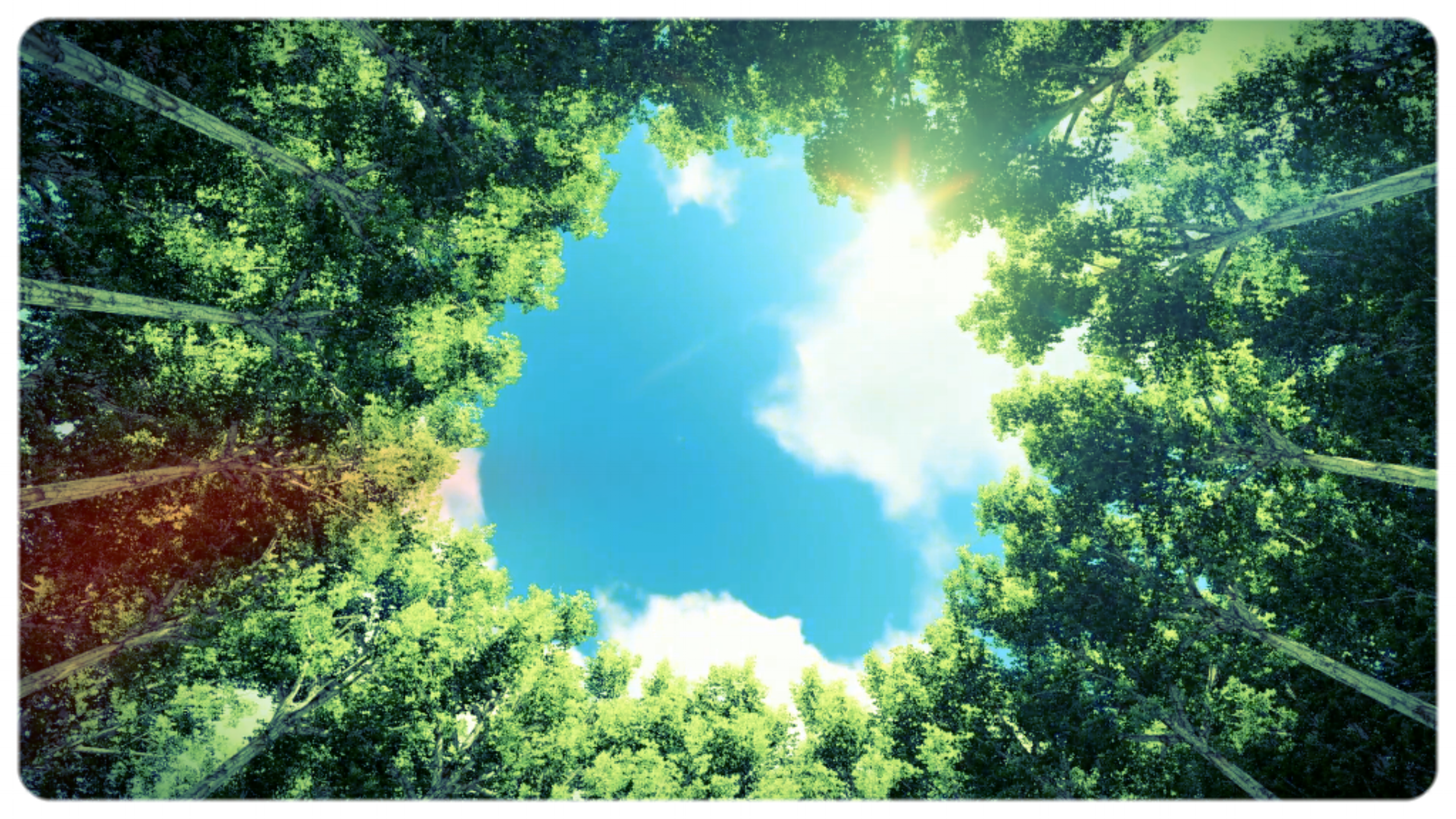Jay L. Garfield chairs the Philosophy department and directs the Tibetan Studies in India program at Smith College. He is also visiting professor of Buddhist philosophy at Harvard Divinity School.
Academicinfluence.com has identified him as one of the 50 most influential philosophers in the world over the past decade.
https://jaygarfield.org
"Live Free or Dialogue" is a video conversation series within Michael Todd Fink's "Kind Mind" podcast platform and based on the etymology of the word dialogue: two individuals (di) communicating with openness, respect and mutual search for meaning (logos).
You can support this podcast and access bonus content here: https://patreon.com/kindmind
from the Dawn Chorus artist retreat at the Grand Canyon, New Year's Eve 2020.
you can join the virtual Kind Mind Gathering each month and access the Kind Mind Studio meditation page by becoming a patron of this podcast on Patreon for as little as $5/month:
https://patreon.com/kindmind
(music “Sunlight on Still Water” by The Lovely Moon and episode artwork on website by Emily Dawn Duforest)
Just some thoughts on purpose and connecting to the present moment. Conscious breathing can be an anchor. It is such a simple, enjoyable and timeless tool for remembering to be here now.
From a talk at Indian Creek Zen Farm.
“Each morning we are born again. What we do today is what matters most.” -Jack Kornfield
We have transitioned to a new year. It is a symbol of letting go of the old and embracing the new. Traditionally, it is a time to live our better intentions and establish healthier routines. On a larger scale, we are now in the process of transitioning to a new decade. What have we learned about ourselves? What do we envision not only this year but in the upcoming decade? It is an opportunity to pause and consider the steps to a more beautiful life and world.
"Transition" can be a noun or a verb. As a noun, it refers to the process or period of changing from one state or condition to another. As a verb, it refers to causing such a process. Nature will script many transitions beyond our control - sometimes painfully. The nouns are set. If we willingly change and grow in the present - learning the art of transition each day - we will be ready. Ultimately, when our transitions are mindful, crossing over can be more of a celebration.
"To change with change is the changeless state." -Bruce Lee
We use the word "awesome" very loosely in conventional speech - typically to describe someone, something or a situation that's agreeable or favorable in any way. But the genuine feeling or experience of awe is rarer, much deeper and less understood when compared with other emotions. However, emerging research, such as that conducted by psychologists Keltner and Haidt, is helping to unravel this mysterious state of consciousness and it's evolutionary potential.
Awe may best be defined as a blurring of the emotional boundaries between admiration and fear. Therefore, some psychologists hypothesize that it is felt in the autonomic nervous system when both the fight-flight and relaxation responses are turned "on" - to some extent - at the same time.
This feeling can be triggered by encounters with vastness or in the presence of unfathomable qualities in nature, art, technology and people. MRI studies point to a reduction of activity in the parietal lobe of the brain. This region is involved with our sense of self as distinct in space, and inactivity in that part of the cortex may account for or correlate to self-transcendence and a sense of oneness. These brain and perceptual changes have also been observed in studies of meditation, sensory deprivation, and psychedelic drugs.
Awe is not nearly as inaccessible as it sounds. It is uncommon because it is subtle. Thus, mindfulness may be our most practical tool to safely explore this state and derive it's unique benefits.
(Episode artwork by Dove Dahlia)
Trees care for each other in very special ways. They have family relationships. Sometimes, the offspring of a felled tree will continue to keep the parental stump alive with its roots, even for centuries. There are bonds beyond family as well. For instance, Fir trees and Birch trees take turns supporting the other in winter and summer. Nutrients and information are shared underground via root systems and the mycorrhizal network of fungi. This is evidence for the importance of biodiversity.
The poet John Donne wrote, "No man is an island... and any man's death diminishes me, for I am involved in mankind." Trees seem to live this wisdom and understand on some level that every tree matters to the well-being of the whole forest. If even one tree is destroyed, the eco-system becomes comprised, the canopy has a hole and the micro-climate shifts in temperature and moisture jeopardizing the health of all trees. Therefore, they employ unique mechanisms to protect the community. In this episode, Todd explores the philosophy, mythology, and ecology of the forest world and how it relates to human potential.
"Trees are poems that the Earth writes upon the sky." -Khalil Gibran
(Intro by E. Fink and song "Morning Walk" by Lee Rosevere)



